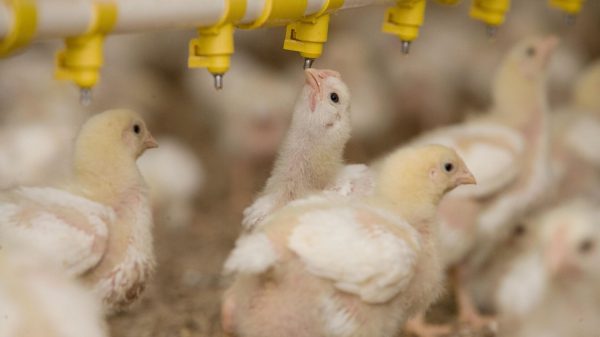
The UK’s top court has ruled that Uber drivers are workers and are entitled to holiday pay, sick pay and the minimum wage in a move expected to "fundamentally re-order the gig economy".
The Supreme Court decision, which was unanimous among the six judges, brings to a close a six-year battle by Uber drivers to get access to basic worker rights, and means tens of thousands more people are set to be entitled to holiday pay and minimum wage in the UK.
In its ruling, the UK’s top court upheld decisions made by the employment tribunal, the employment appeal tribunal and the Court of Appeal.
The Supreme Court decided that Uber drivers should be considered workers as soon as they log onto the app and up until they log off, rejecting an argument from Uber that it should only apply when they were driving passengers.
Following the Supreme Court decision, the employment tribunal will now have to decide how much compensation to award the 25 drivers in the initial case. Whilst the decision will only apply to those 25 drivers, it sets a precedent for how gig economy workers are treated in the UK, and at least a thousand similar claims are expected to progress.
The ruling comes just days after Uber boss Dara Khosrowshahi said he was ready to "do more and go much further" to improve working conditions for independent workers, ahead of the EU publishing proposals on the issue.
James Farrar, the co-lead claimant and the App Drivers & Couriers Union General Secretary, said: "This ruling will fundamentally re-order the gig economy and bring an end to rife exploitation of workers by means of algorithmic and contract trickery.
"Uber drivers are cruelly sold a false dream of endless flexibility and entrepreneurial freedom. The reality has been illegally low pay, dangerously long hours and intense digital surveillance."
He said that the Government "must urgently strengthen the law so that gig workers may also have access to sick pay and protection from unfair dismissal".
Jamie Heywood, Uber’s regional general manager for Northern and Eastern Europe, said: "We respect the Court’s decision which focussed on a small number of drivers who used the Uber app in 2016. Since then we have made some significant changes to our business, guided by drivers every step of the way. These include giving even more control over how they earn and providing new protections like free insurance in case of sickness or injury.
"We are committed to doing more and will now consult with every active driver across the UK to understand the changes they want to see.”
Lawyers, however, said the decision would mean huge changes for many gig economy workers in the UK.
"The decision will mean that the estimated 45,000 Uber drivers in the UK will benefit from a host of legal protections, including sick pay, holiday pay and whistleblower protections going forward, " Alexandra Mizzi, from law firm Howard Kennedy, said.
Estimates suggest Uber drivers could be entitled to an average of £12,000 each in compensation.
Michelle Hobbs, employment law expert at Stevens & Bolton LLP, said it was likely the ruling would have wider implications for other companies in the sector. "Any business with a gig economy model should take heed today. This landmark ruling undoubtedly revs up the pressure on gig economy businesses to provide much better terms and conditions to those working for them.”
The ruling in the UK comes months after Uber managed to ward off similar pressure in California, when voters approved a ballot proposal which classified drivers as contractors and not workers.





















































Свежие комментарии